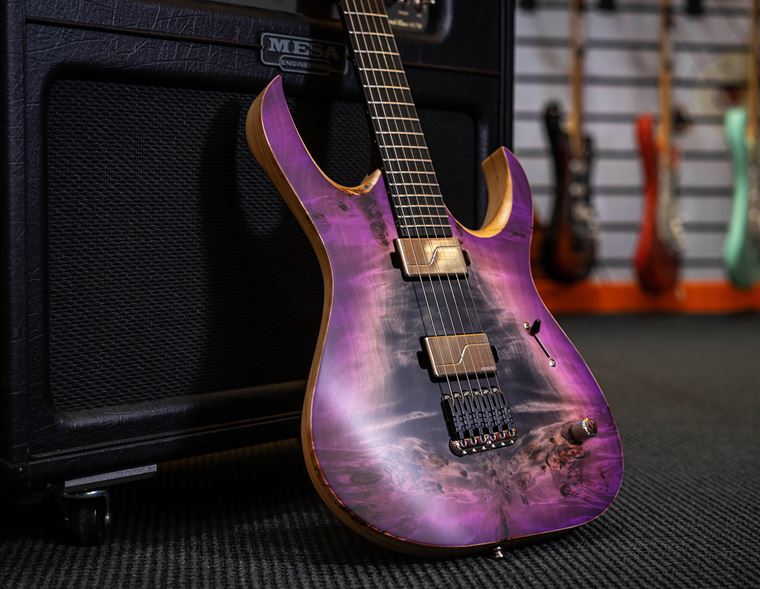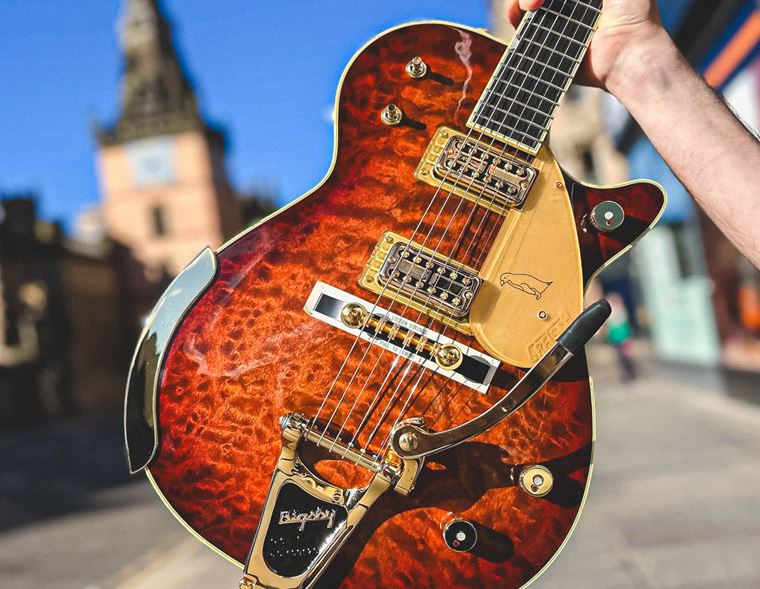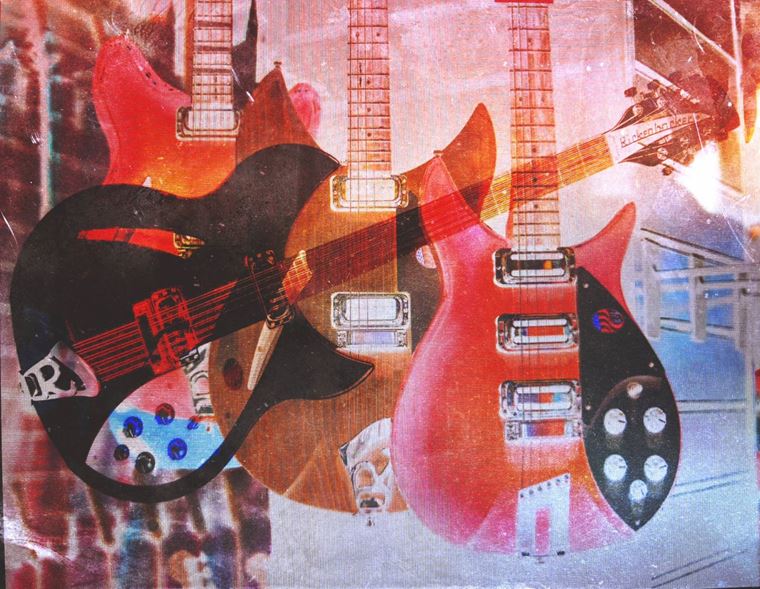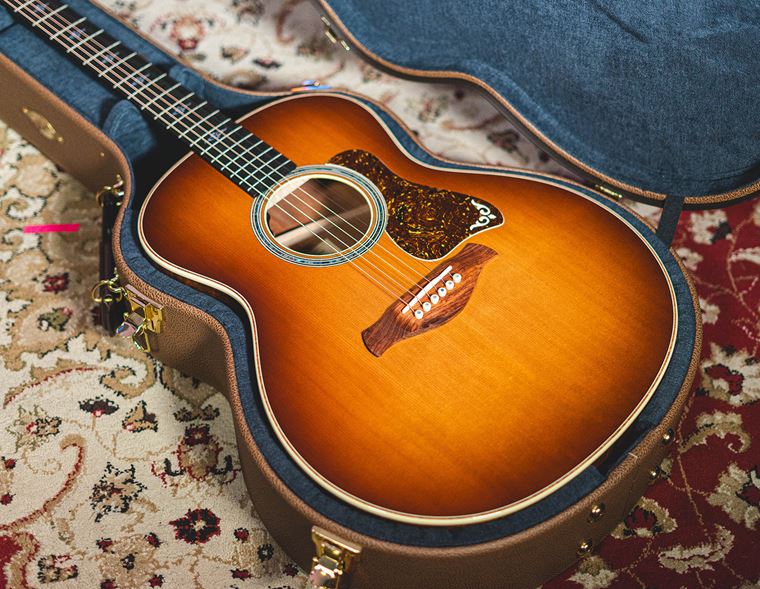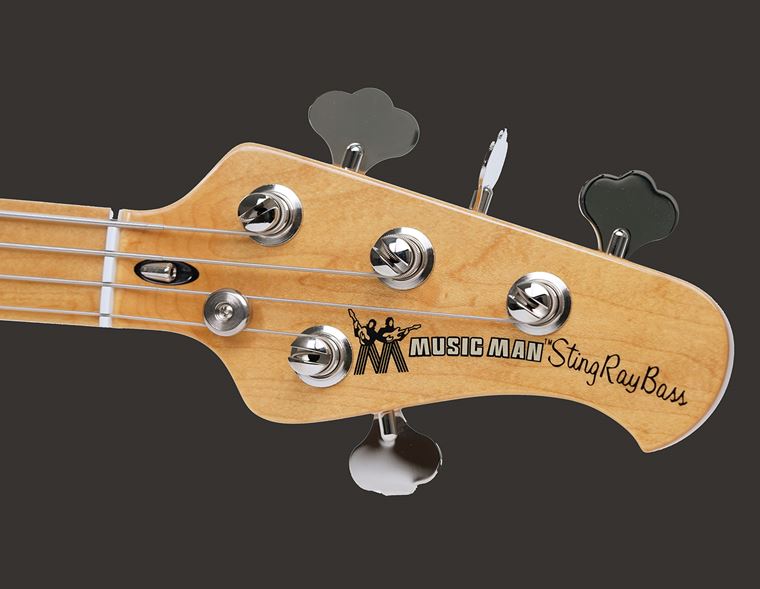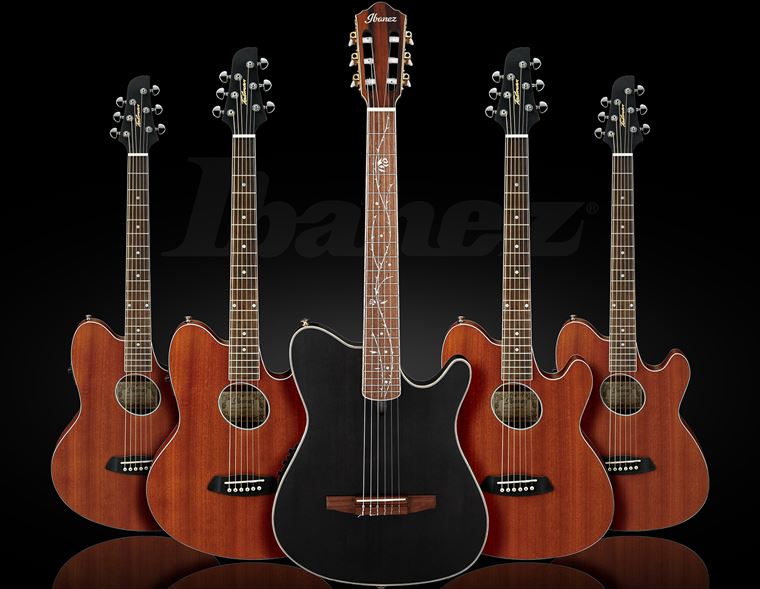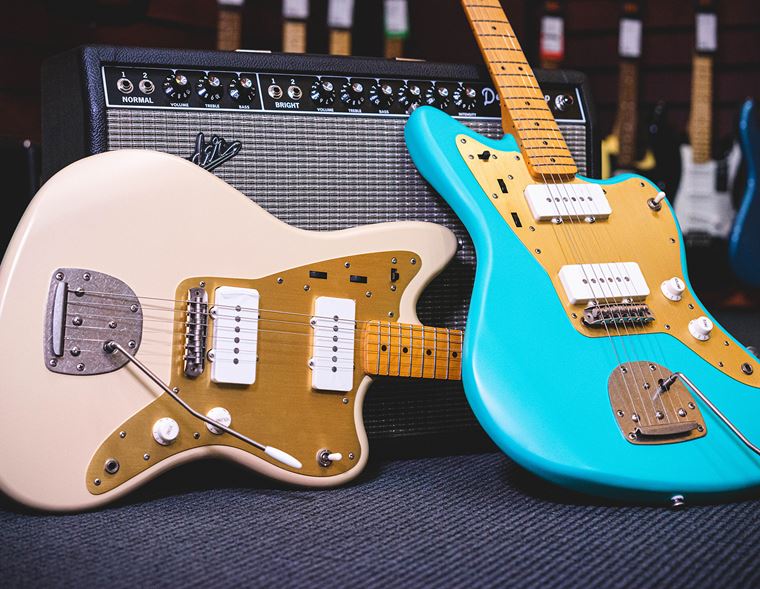What is a Solid State Amp?
Published on 09 March 2022
The question that has been haunting beginner guitarists for decades: "what is a solid state amp?"
In its simplest form, a solid-state amp is any amp circuit that uses transistors to convert and amplify an electric signal into an audio wave.
The earliest form of guitar amplifiers were based on old radio schematics, which at that time were all valve based. These early valve amps (also known as tube amps) spawned during a golden period for the electric guitar, and many of the sounds are now ingrained into the fabric of music history.
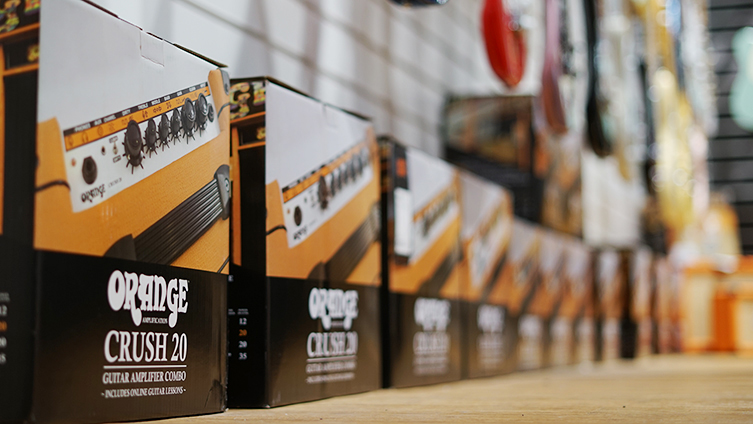
It should be no surprise that the popularity of these amps remains prominent. After all, they helped to birth an iconic age of music. But is it true that valve amps are the best sounding? Was this ever the case?
Like many things in the music world, it comes down to subjectivity and your own personal taste. We now live in an age where it is nearly impossible to tell certain solid state and valve amps apart. However, even the amplifiers with a distinctly solid state sound have their own following. A huge part of Queens of the Stone Age frontman Josh Homme's studio tone is a tiny solid state Peavey practice amp. An entire movement of stoner metal bands swears by the solid state Sunn amps. Bands like Red Fang for example, where every guitarist is going through a Sunn Beta series head. Other bands that use solid state amps include Radiohead, Creedence Clearwater Revival, The Police, and The Melvins.
Solid state amps come in many forms. First, there are the classics that are dotted throughout history with their own unique set of sonic characteristics. The Roland Jazz Chorus is an excellent example. The Jazz Chorus is celebrated for its clean tones, but it does also have a distinctive built-in distortion circuit. It also has onboard reverb, chorus and vibrato effects which are run in stereo to the two speakers. Not only is this amp versatile out of the box, but it pairs up extremely well with pedals.
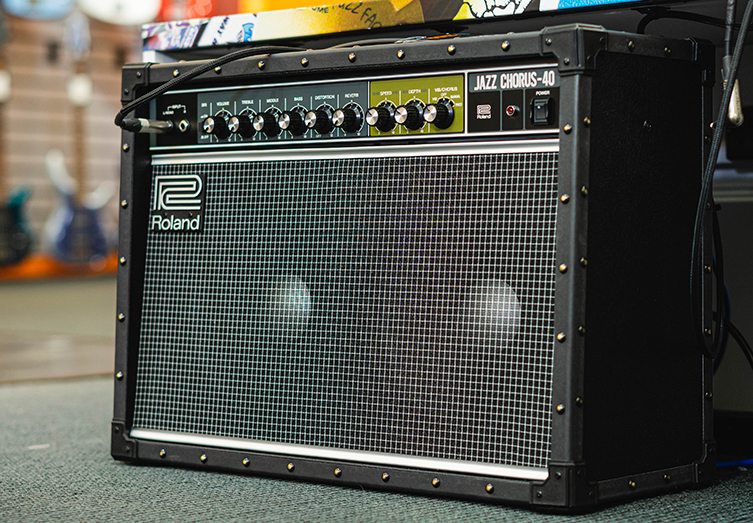
Another type of solid state amplifier you will come across is the modelling amp. Again these can be broken down into different segments, but a great example of this type of amp is the Fender Tone Master series. This type of amp often uses a digital algorithm to sculpt out sonic character with a solid state output boosting your signal to the appropriate level. The Tone Master amps are designed to give you the valve sounds of the Fender Reverb, Twin, and Super Reverb with all the benefits of solid state technology. Finding the best solid state amp is a question of your needs. As solid state amplifiers cover a vast genre of amplification, it is worth figuring out the application for which you plan on using it. The Tone Master series is ideal for live and recording purposes as it reacts and works exactly like a valve amp. For someone looking for an extremely versatile practice amp, there is a multitude of solid state options from which to choose.
What are the benefits of a solid state amp?
- Solid State amps are often lighter. Solid State circuits tend to need less heavy-duty components. Some even go without the hefty transformers that every valve requires in order to operate.
- Solid State amps are often seen as more reliable. Valves are like lightbulbs. They can blow at any given time, even mid-way through a set. Transistors on the other hand, are less prone to going wrong and will far outlive a vacuum valve.
- You do not have to run a solid state amp loudly to get the desired sound. This makes them a great companion for the studio. It also means you can reduce the onstage volume during live performances, for which the sound engineer will thank you.
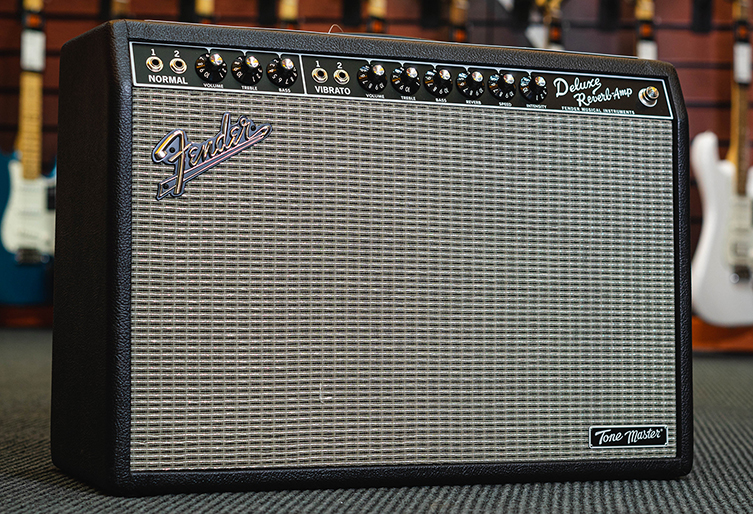
Because solid state amps do not need to be run loudly, it makes them an extremely popular choice for practice amplifiers. Often these amplifiers will also utilise the ability to model multiple amps. Amplifiers such as the Blackstar ID Core, Boss Katana, Line 6 Catalysts, Orange Crush, Fender Mustangs and many more are all great examples of what solid state brings to the table.
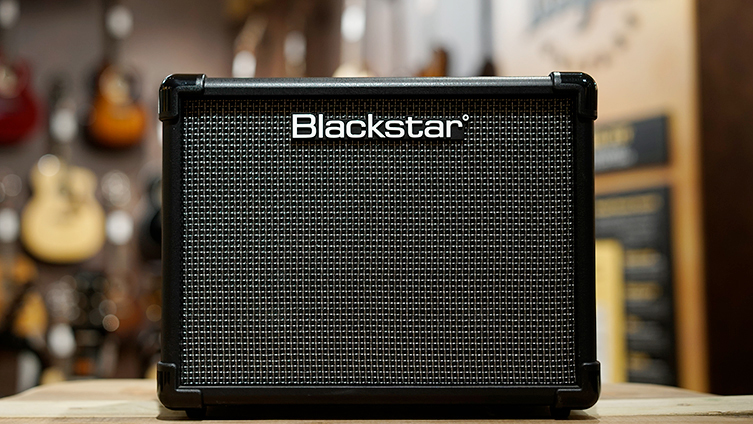
Valve amp vs solid state?
When answering this question, it is important to remember the answer is dependent on you and your needs. Weighing up the pros and cons on paper is all well and good, but if you plug into a valve amp and the sound it creates is the tone you have been searching for, then go with a valve amp or vice versa.
It is entirely up to you. The best thing you can do is make your way down to your local guitarguitar store and try some solid state amps and valve amps next to each other before choosing a side.

